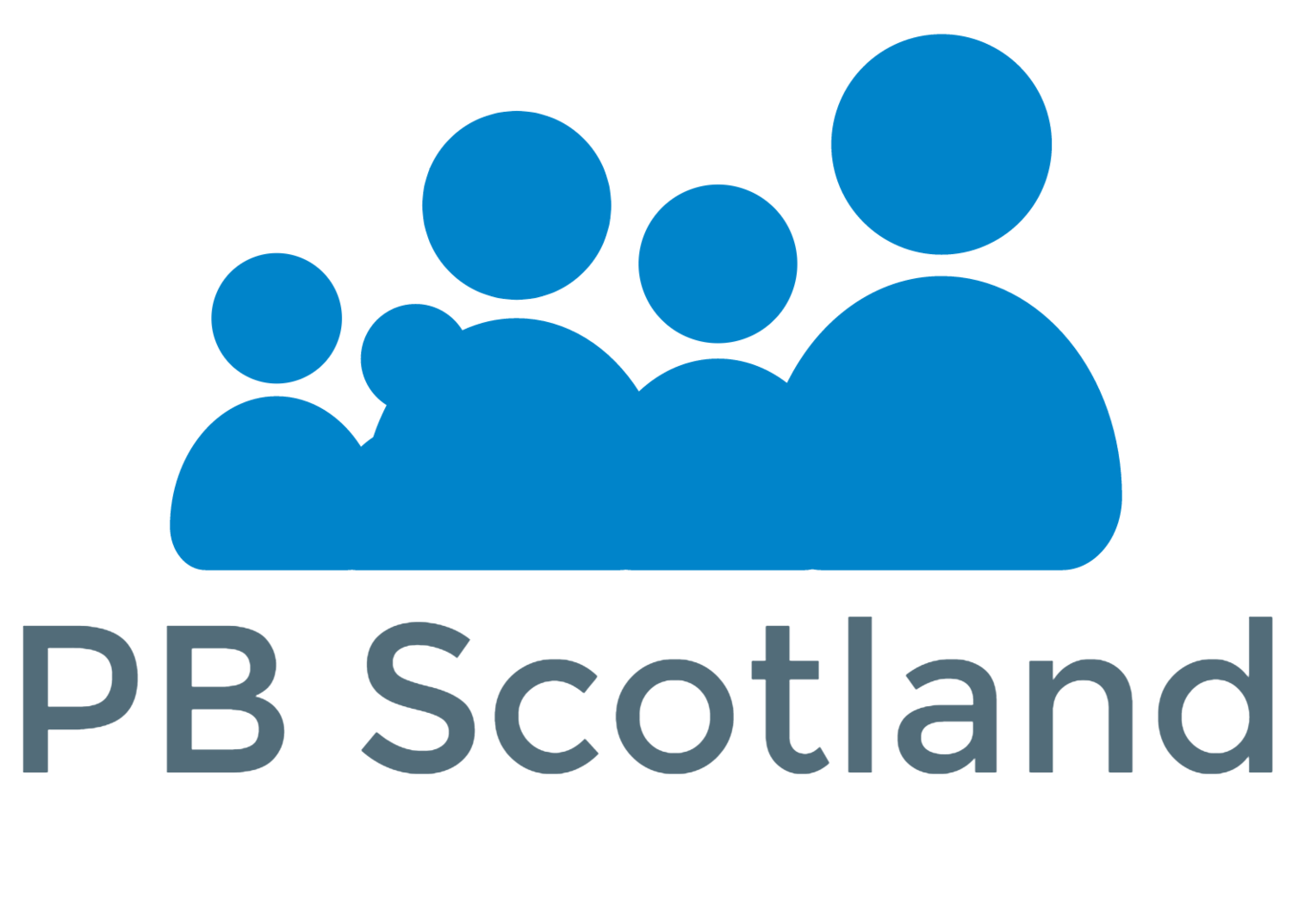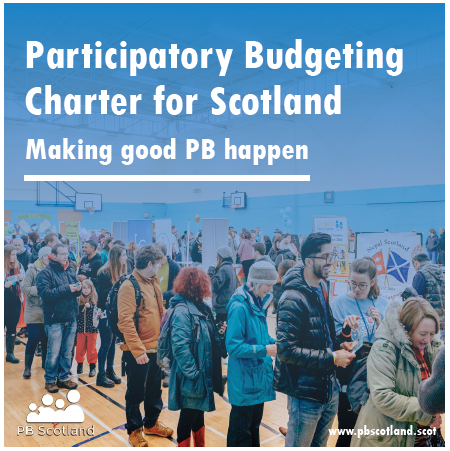You’ve got to make your mark - Spirit of the Gorbals PB Event
/Glasgow’s Gorbals is famous for its strong community and on 1st February 2018 the Gorbals community met to decide on how public money should be spent. The St Francis Community Centre welcomed over 200 people, a record crowd for a PB event in the area, for an event titled, ‘New Year, New Idea’. Held by Spirit of the Gorbals the event was to showcase and celebrate ideas, projects and the commitment of the community.
The money being allocated came from a mixture of funding from Fourteen, part of the Spirit of 2012’s Glasgow Commonwealth Games Legacy programme and the Scottish Government’s Community Choices fund.
Decisions about how the process should be designed was made by a Spirit of the Gorbals Panel, supported by Michael Fullerton, Thriving Places Community Co-ordinator who told us that the Spirit of the Gorbals came into the area three years ago when New Gorbals Housing Association applied on the community’s behalf.
Susan Trueman, a Gorbals resident and member of the spirit panel, was on hand to give a warm welcome and explain how the voting worked. Susan joined the panel to get more involved in the community and meet people, she said “it’s given me more awareness of everything that’s happening in the area.”
Susan said the whole programme is all about helping community groups and individuals to get started on new activities and projects but the aim is more profound: “really, it’s about trying to put more power and control into the hands of the community because they decide what gets funded and where the money gets allocates rather than hidden decision making process“. Susan thought “It’s a good way to get the community more involved and there’s a lot of new faces tonight, which is part of our goal.”
“It’s given me more awareness of everything that’s happening in the area.”
Tam Keeley came to vote after being told about the event at a community lunch held by Bridging the Gap, one of the 10 projects biding for funding. Tam hoped that funding would go the way of some of the clubs his family use, but was impressed with all the projects at the event. Thinking of the bigger picture, Tam commented “I know it’s austerity and everything but it’s a shame every one of them doesn’t get the same allocation”.
The Spirit Panel and the organisations supporting them put a lot of thought and effort into designing a fair and transparent voting system. Some criticisms of communities having a direct say on how money is spent in this was include concerns that community groups are pitted against each other and that groups that involve the most people, like children’s football teams, often win. Some of these concerns were raised here and on the night a football team won the larger pot of funding available.
Community organisations or individuals could apply for money given in three categories of up to £500, £5000 and £15,000. Anyone living in the area over the age of 8 is entitled to vote and each voter is given a ballot paper for each category. To make things as fair as possible each voter has to vote for more than one project or else their vote isn’t counted. Meaning that, like Tam, if you came to vote for a particular project you have to consider and vote for others as well.
“The key is getting the community through the door..."
The event was structured around a ‘market stall’ of projects, encouraging conversations between the community and those looking for funding. This gives people the opportunity to change or broaden their choices – or not. And here we reach a fundamental part of democracy – if a community or people vote for what is most popular, who is to say that vote is wrong or invalid?
Michael Fullerton linked this directly to what he called “active citizenship”; community members having a direct say in the decisions that affect their daily lives, “The key” said Michael “is getting the community through the door and seeing what’s available that they might not know of, after that, it’s up to them to decide”.
‘STEM in the Gorbals’ are an example of what is good about a Participatory Budgeting approach in communities. A Gorbals resident, too shy to be named, received a leaflet through her door asking for a community idea “I just thought of a science event, got funding and did it”. Explaining that STEM stands for Science, Technology, Engineering and Maths – subjects that might be more common in areas of least deprivation, she arranged for children from the Gorbals to come together at a science event in St Francis primary School with University of Glasgow researchers. The children involved went on to enter and win a science writing and drawing competition, with their work becoming a printed magazine, and attended further events with European researchers. This approach won the University of Glasgow Knowledge and Exchange award for best Community Public Engagement Initiative.
This only happened because of a volunteer who had never been involved in any community events before and, if funding was distributed in the normal way, probably never would.
STEM in the Gorbals returned to this event looking £500 to pay for a hall and volunteers expenses to repeat the process and were delighted to be one of the night’s funded groups. As important as the money is they seemed as pleased by links that were made with other organisations also looking for votes:
“It’s all about putting it in context and making links that I wouldn’t have made otherwise.”
“I got to meet Bridging the Gap, and this time around they are going to be involved and I’m going to pair them up with my friend who works in nutrition. And I’ve just met Givin’ it Laldie and they’ll come out and do music with us at our event, because that also reduced stress. It’s all about putting it in context and making links that I wouldn’t have made otherwise.”
Michael fullerton
Ultimately, the Scottish Government supports Participatory Budgeting as one method of community engagement, aiming for it to lead to empowerment through active citizenship. Michael Fullerton has big ambitions for this approach in the Gorbals telling us that “community engagement is being done in a regular basis in the Gorbals, with services doing a lot of good work. But if we hand more power to communities and ask the right questions then surely budgets will better meet community needs. We can reshape budgets and services so that it’s the community that decides.”
Back to Tam Keeley, who would “absolutely” come to a PB event again, saying “I think it’s important that people come down and make a mark for what they believe in”.










